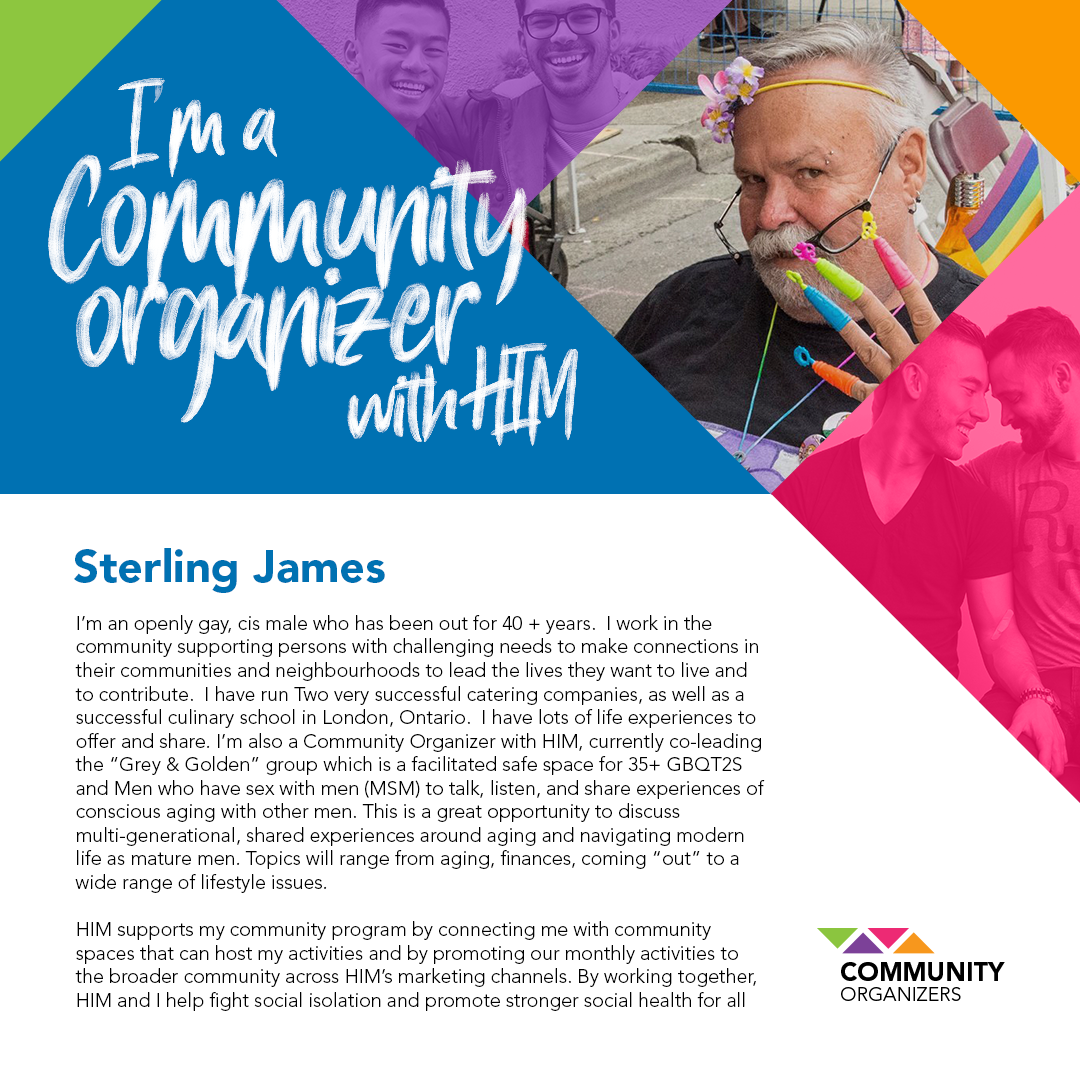Most HPV infections cause no symptoms and clear up on their own. When there are symptoms, genital warts are the most visible.
Of the more than 150 types of HPV, two are responsible for over 90% of genital warts. Genital warts can take weeks or even months or years to appear. Like most HPV infections, genital warts clear up on their own even without treatment. Usually, they clear up within two years, though it may be faster or take longer.
The HPV vaccine Gardasil 9 guards against the two types of HPV that cause 90% of genital warts, types 6 and 11.
Overall, Gardasil 9 prevents infection by the HPV types that cause over 90% of genital warts, 80-90% of anal cancers, over 90% of cervical cancer, and a significant proportion of vaginal and vulvar cancers. Research also suggests the vaccine can help prevent penile and mouth cancers.
Symptoms
Genital warts happen in the area surrounding or even inside our genitals or anus. Genital warts can be different shapes and sizes. They can look like flat white patches, bumpy like heads of cauliflower, or not be visible at all! At worse, warts itch or bleed, but they don’t cause any more serious health conditions.
Having warts doesn’t mean that you are more at risk for cancer: the types of HPV that causes genital warts and the types of HPV that can cause cancers are different!
Genital warts and HIV
Sometimes, having a genital wart can make it easier to acquire HIV depending on where it is on the body. That’s why some suggest that getting the HPV vaccine can be a useful additional tool to prevent HIV. Thankfully, there are lots of tools that help prevent HIV transmission in any situation!
People living with HIV are more likely to develop genital warts from the types of HPV that cause them. Warts can also be more difficult to treat and may come back more frequently for people living with HIV.
Treatment
Genital warts can be treated, although it is easier or harder depending on how big they are and where they are on a body. If you notice a growth and think it may be a wart, you can speak to a nurse or doctor to have it examined and receive treatment. Depending on the wart or warts, treatments may include topical cream, freezing or burning it off, or even removal by surgery or laser. If you need to have genital wards removed, it is covered by the BC Medical Services Plan (MSP). It is also covered by the Interim Federal Health Program (IFHP) for people who are refugee claimants, immigration detainees, or have experienced trafficking. It is important to note that over-the-counter treatments for other kinds of warts are not appropriate for treating genital warts, since they are not meant to treat the sensitive skin of the genitals.
Removing a genital wart or waiting for the body to take care of it does not mean that the HPV infection itself has gone away. It is possible that the infection stays in the skin and reappears late. Just because there aren’t visible warts does not mean a person does not have HPV, whether the types that cause warts or any other type. HPV can be easily transmitted with simple skin-to-skin contact between people with no visible symptoms.








